OUR EXPERTISE
Mu’s aim is to enhance your products and services’ eco-efficiency so that they may answer to current and future stakes. Each mission is tailor-made to fit with your specific constraints, your means and your objectives.

GUIDING YOU

TRAINING YOU

INSPIRING YOU
ECO-DESIGN AT MU
« All products have an impact on the environment! The product that doesn’t have an impact is the one that doesn’t exist! »
At Mu each eco-design project aims at finding the best balance between several requirements:
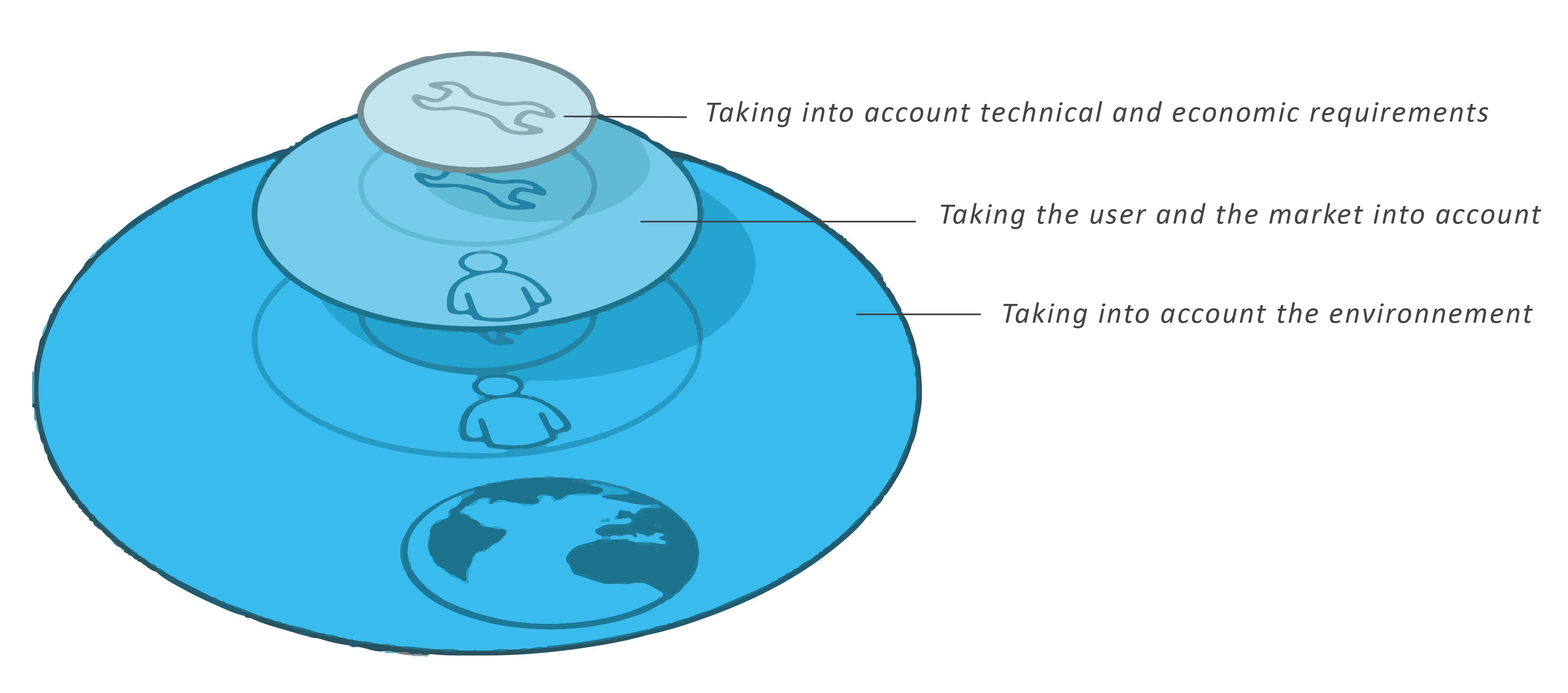
ECO-DESIGN PRINCIPLES
Eco-design is based on the following principles:
multi-stage, systematic approach, multi-criteria and provided services
* The following images are used as illustrations
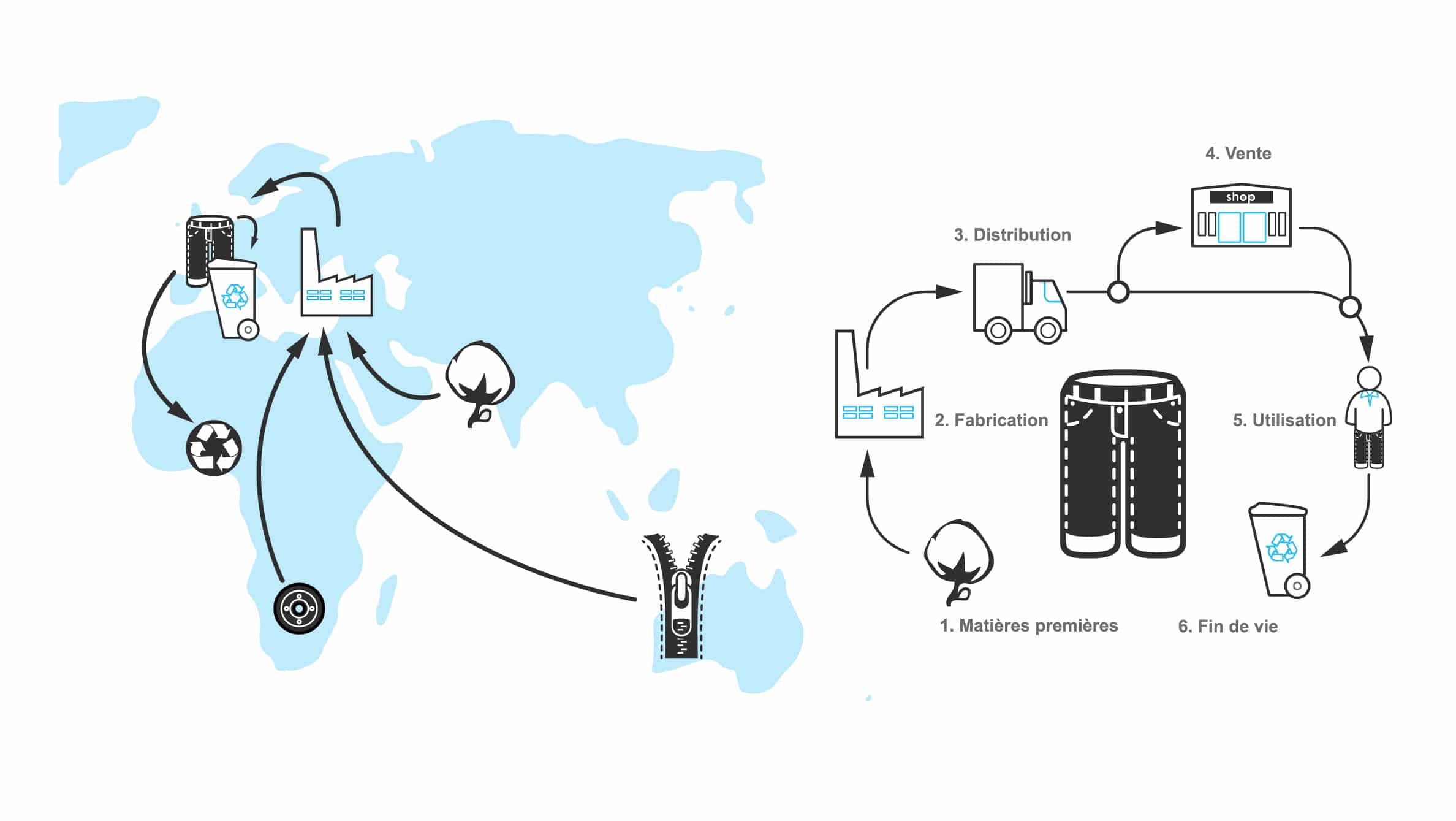
MULTI-STAGE
All the stages of a product’s life cycle, from the materials’ production to the treatment of the product at the end of its useful life, are taken into account.
SYSTEMATIC APPROACH
The product, of course, is at the center of the process but we also take into account the packaging system, the consumables, the additional services provided, etc.
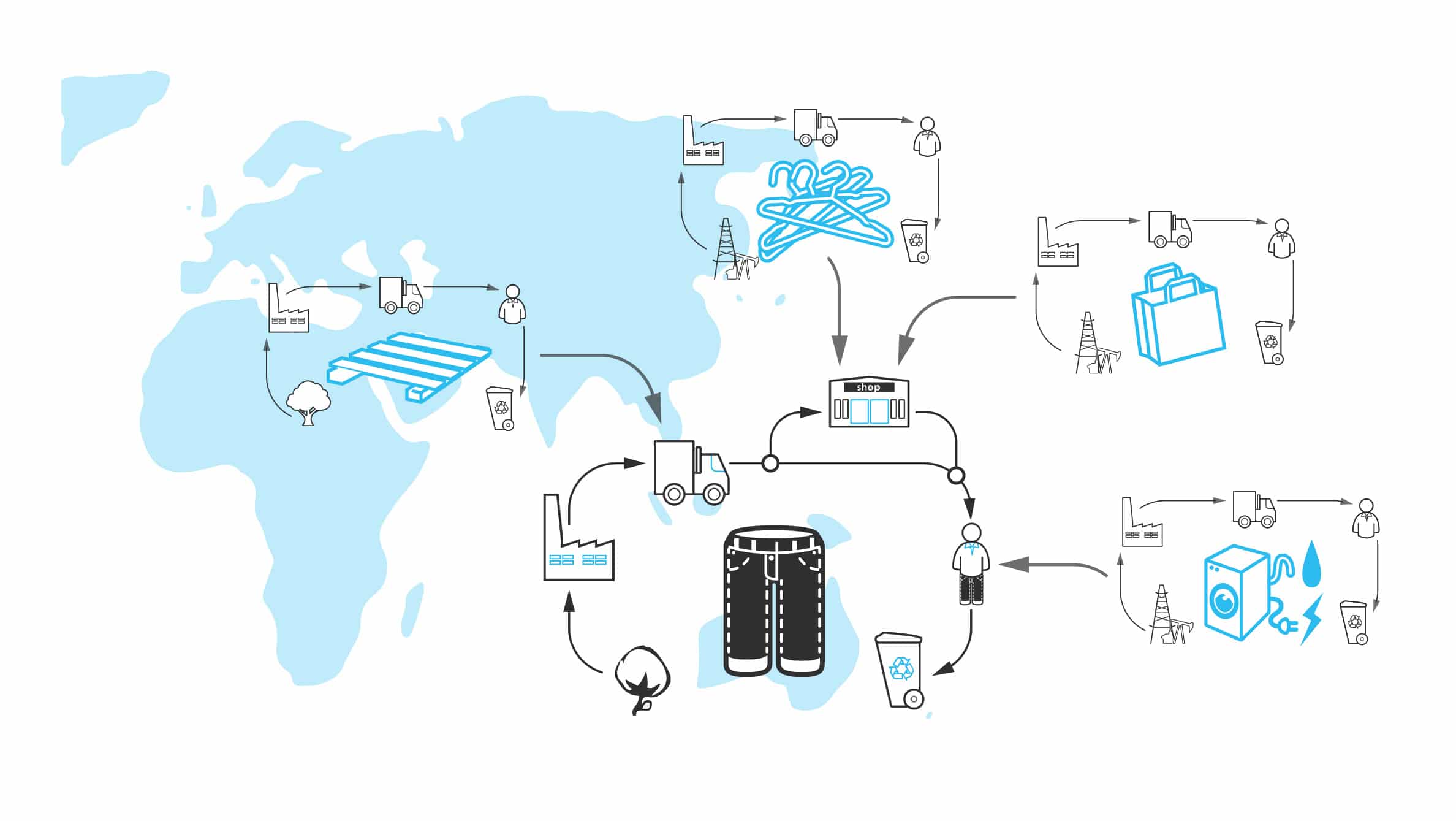
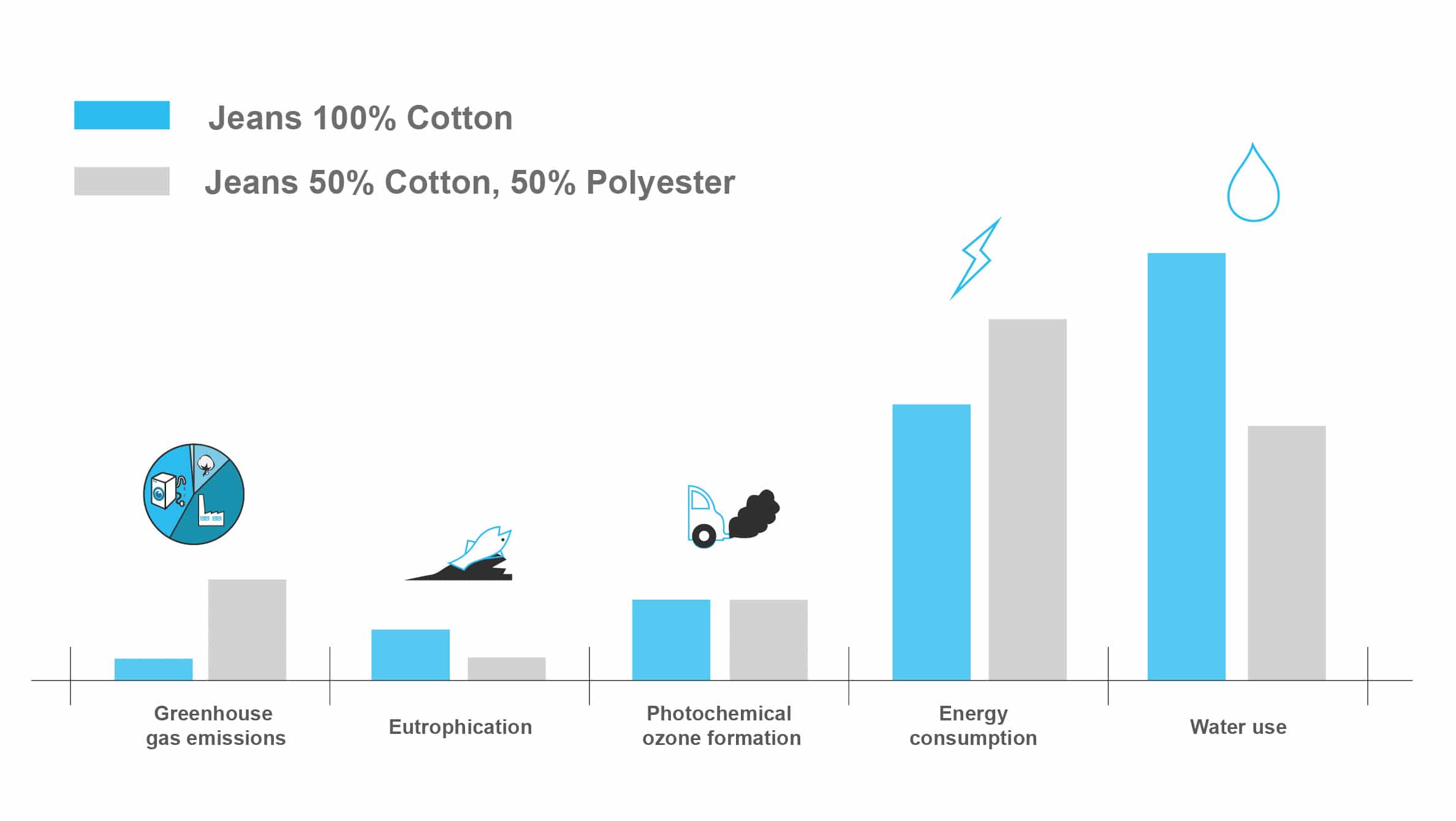
MULTI-CRITERIA
The approach takes into account the multiple environmental impacts created by the product, aiming at tackling the most important issues and to control impact shifts.
SERVICE PROVIDED
Eco-design aims at reducing environmental impacts of products all through their life cycle, while preserving or enhancing the quality of the service provided.
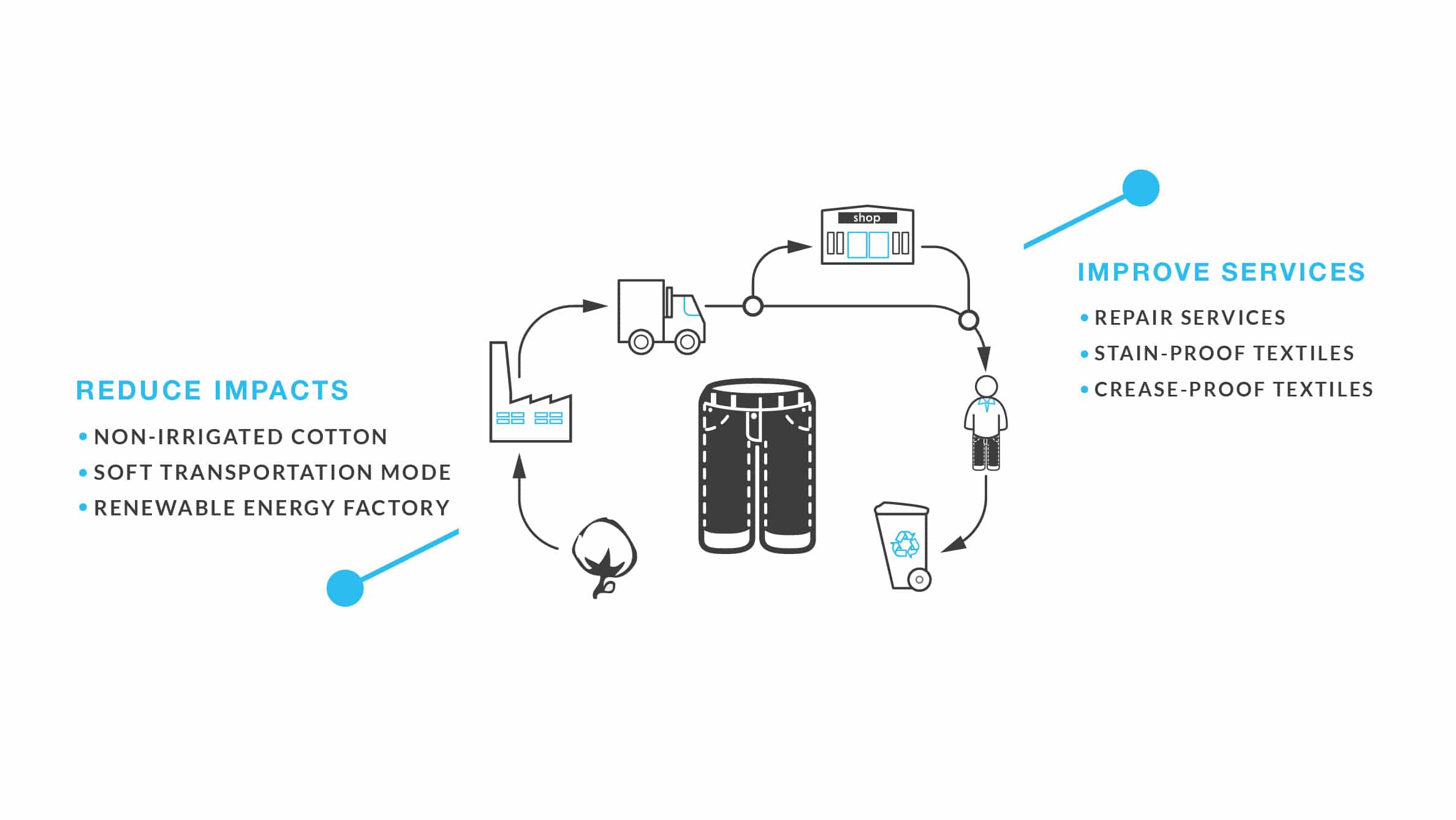
« Eco-design is a preventive approach that aims at integrating the environment in the design and development of products (goods and services), framed by the ISO/TR 14062 (January 2003) norm, and more recently by the NF X30-264 (February 2013) norm. »
For more information: www.ademe.fr











